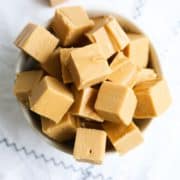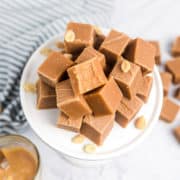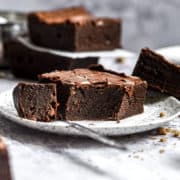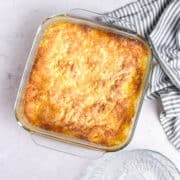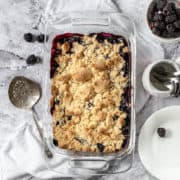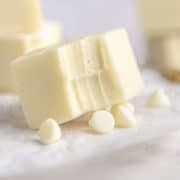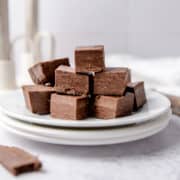Oranges are a sweet, tangy citrus fruit that can be enjoyed as a snack or used in a wide variety of different recipes. Discover how to store oranges and you will be able to keep these citrus fruits fresh for as long as possible.
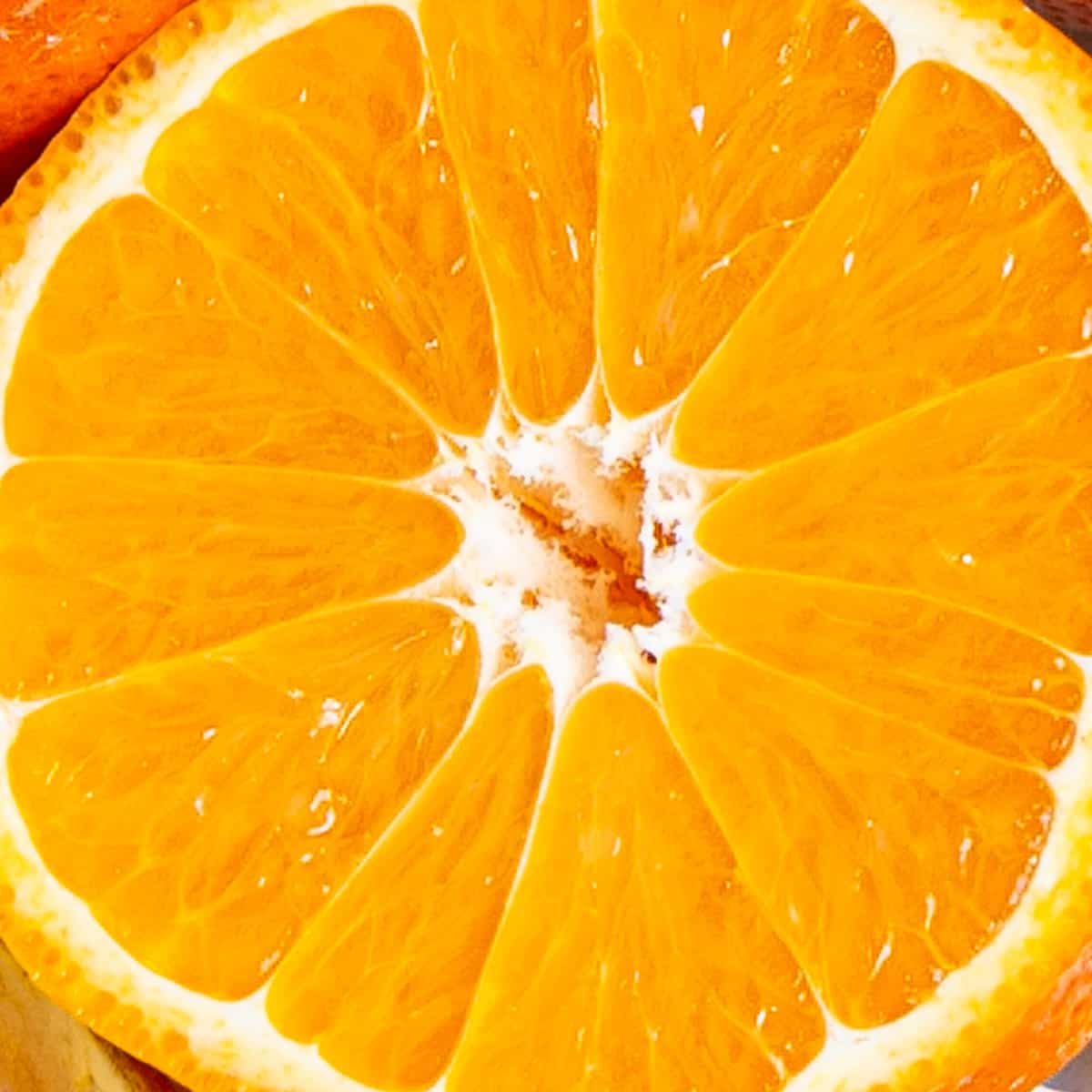
Jump to:
This fruit is used to make both sweet and savory dishes. In fact, everything from duck in orange sauce to Greek orange pie really showcases the appeal of using fresh oranges. The zest, juice, and flesh can all be used in recipes.
One of my absolute favorite recipes is orange cupcakes which look especially gorgeous after being garnished with a slice of fresh orange. If you have orange slices left over, they are also ideal for garnishing drinks.
What are Oranges?
Oranges (Citrus Sinensis) are a citrus fruit that is often called "sweet oranges" to differentiate them from the "bitter orange" - a similar fruit with a much less sweet flavor. The modern orange is a hybrid between the mandarin and pomelo and consists of a medium thick skin, white pith, and individual segments, along with some seeds.
Oranges have been around for a very long time. They first grew in Northeast India, Myanmar, and Southern China, and they were mentioned in 314 BC in Chinese literature. Actually, orange trees are the most grown fruit trees on the planet and they do well in warmer temperatures, making them a good crop for subtropical or tropical regions.
Related to grapefruits, limes, and lemons, oranges come in different varieties. Common oranges, which are also known as round, blond, or white oranges, make up some two-thirds of global orange cultivation, and most of these are used for juice.
Valencia oranges are a late-season citrus fruit and Hamlin oranges are smooth, small, and juicy, and are the most popular oranges in Florida. Other cultivars include navel, mandarin, Cara Cara, Jaffa, and Seville oranges.
Not only do oranges taste beautiful, but they are good for you too, boasting nutritional value in the form of Vitamins A and B as well as Vitamin C. They're also a versatile choice and suit all kinds of cuisines.
How to Choose Fresh Oranges
When shopping for oranges, you will want to ensure you find the best quality and freshest ones. Unlike some other fruits, oranges won't ripen further after picking, so you will want to purchase perfectly ripe ones for the best flavor.
Oranges from the grocery store have usually been picked a week or so before being sold, so unless you have your own orange tree, the oranges probably only have a week, two, or maybe even three before they start to develop mold growth and rot.
A perfectly fresh orange will have smooth skin and be full-colored and firm. Don't worry about tiny marks or scratches on the skin because this is known as "wind scarring" and occurs if the fruits rub against the branches of the tree when it's windy. It's just a part of how they grow and doesn't affect the quality or flavor at all.
A fresh orange should feel heavy in your hand because it will be full of juice and it should smell sweet through the skin. Choose a variety of oranges that are in season, such as navel oranges in the winter and early spring, or Valencia oranges between late spring and the middle of summer.
Although a bright color is a good way to judge the freshness of an orange, bear in mind a ripe Valencia orange might look slightly green. Slightly green oranges are perfectly normal and the green is only there because the oranges reabsorb chlorophyll during the warmer months while still on the tree.
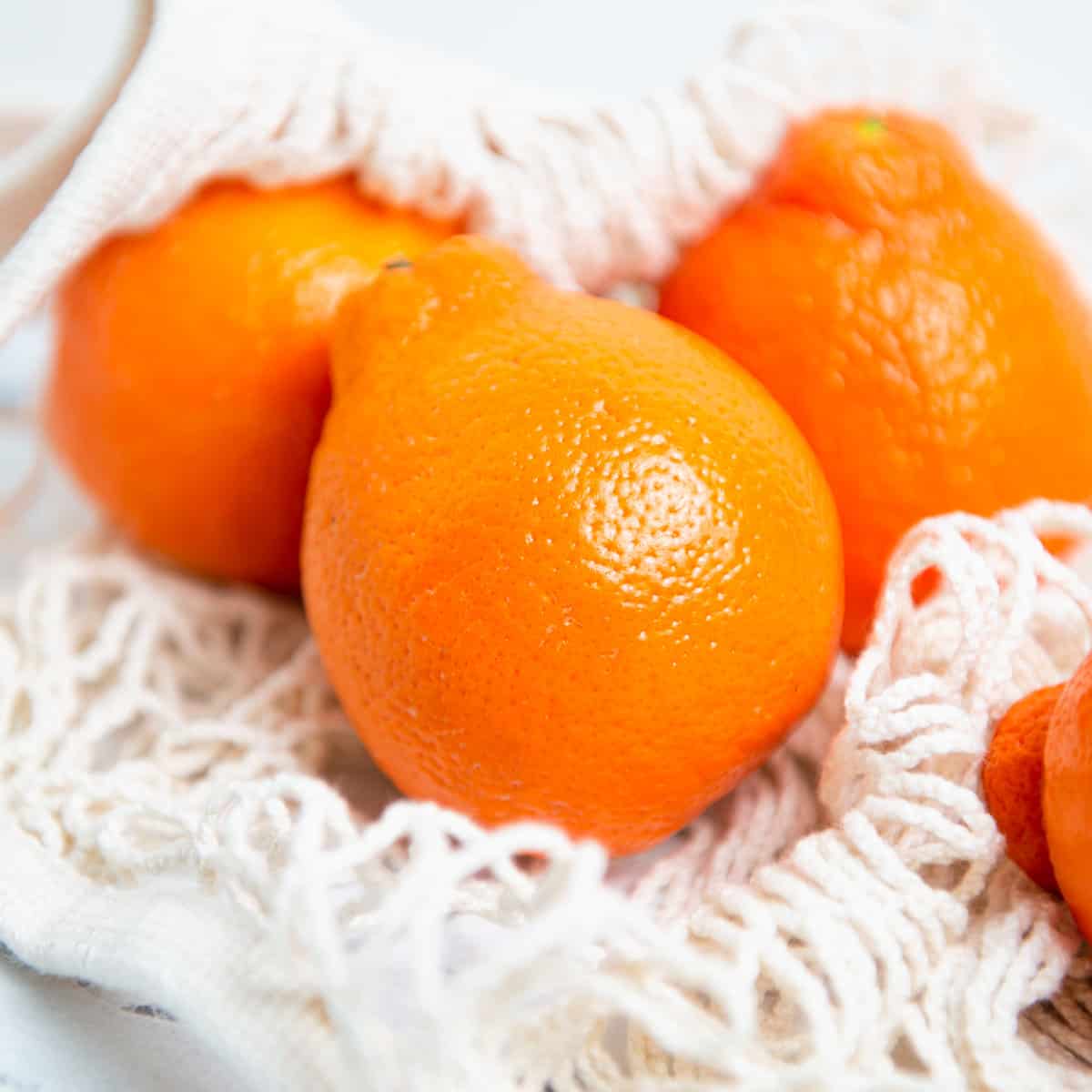
How to Store Oranges
Knowing how to choose fresh oranges is just the first step. It's also very important to find out how to store oranges to keep them fresh until you use them.
- The best way to store whole oranges is to keep them in a mesh bag so as much air as possible can flow around them. If you buy them in a sealed bag, transfer them into a mesh bag or wrap them loosely in paper towels for the best results.
- Before storing them, check the oranges are dry and, if you see water droplets, wipe them off with paper towels. Wet oranges tend to develop mold much faster.
- They keep best at cooler temperatures so put them in the crisper drawer of the fridge.
- You can also keep them in a fruit bowl on the kitchen counter, where they will last for up to a week as long as you keep them out of direct sunlight and away from any heat source.
- Cut oranges should go in an airtight container or you can seal them in plastic wrap, and use them within a week.
At room temperature, oranges should keep for about a week, but when refrigerated they can keep for up to a month. Another option is to freeze whole fruits in a Ziploc plastic bag, squeeze out the air, and use the fruit within a year. Bear in mind oranges harden in the freezer and they will lose some of their vitamin content and juiciness.
Something else to try is squeezing the fruit juice from your sweet orange into ice cube trays. You can use the frozen cubes in anything from soup recipes to cocktails and of course, frozen juice has longer storage than fresh.
You can also buy canned orange segments or mandarin oranges in sugar syrup but, since oranges will keep fresh for a week or more, it's usually preferable to use fresh if you can.
How to Recognize Rotten Oranges
Your senses should tell you whether or not this fresh fruit is really fresh or whether it's begun to go bad. A spoiled orange might smell moldy or sour, and you might notice soft spots or dark, bruised areas on the skin.
Mushy spots, visible growth of mold, or brown discoloration are also an indication the fruit has begun to spoil. If you do notice any of these signs, it's best to throw the oranges out.
Common Questions
Navel oranges (recognizable by the belly button-looking indentation underneath) don't have many seeds, making them great for salads or for snacking on. Valencia oranges are a good choice for juicing because they contain a lot of juice.
Blood oranges are rich-tasting and good for making marmalade, desserts, or sauces. If you want to make marmalade, try using half-blood oranges and half-Seville, so you can combine one of the sweetest oranges with one of the most tart.
Although orange juice from a carton should last for a week, freshly squeezed juice won't keep so long. If you press orange juice by hand, with a citrus press or masticating juicer, it should keep for 2 or 3 days.
If you used a centrifugal juicer you should drink it within 24 hours. This is because centrifugal juicers use a spinning blade that heats up the orange juice and shortens its shelf life.
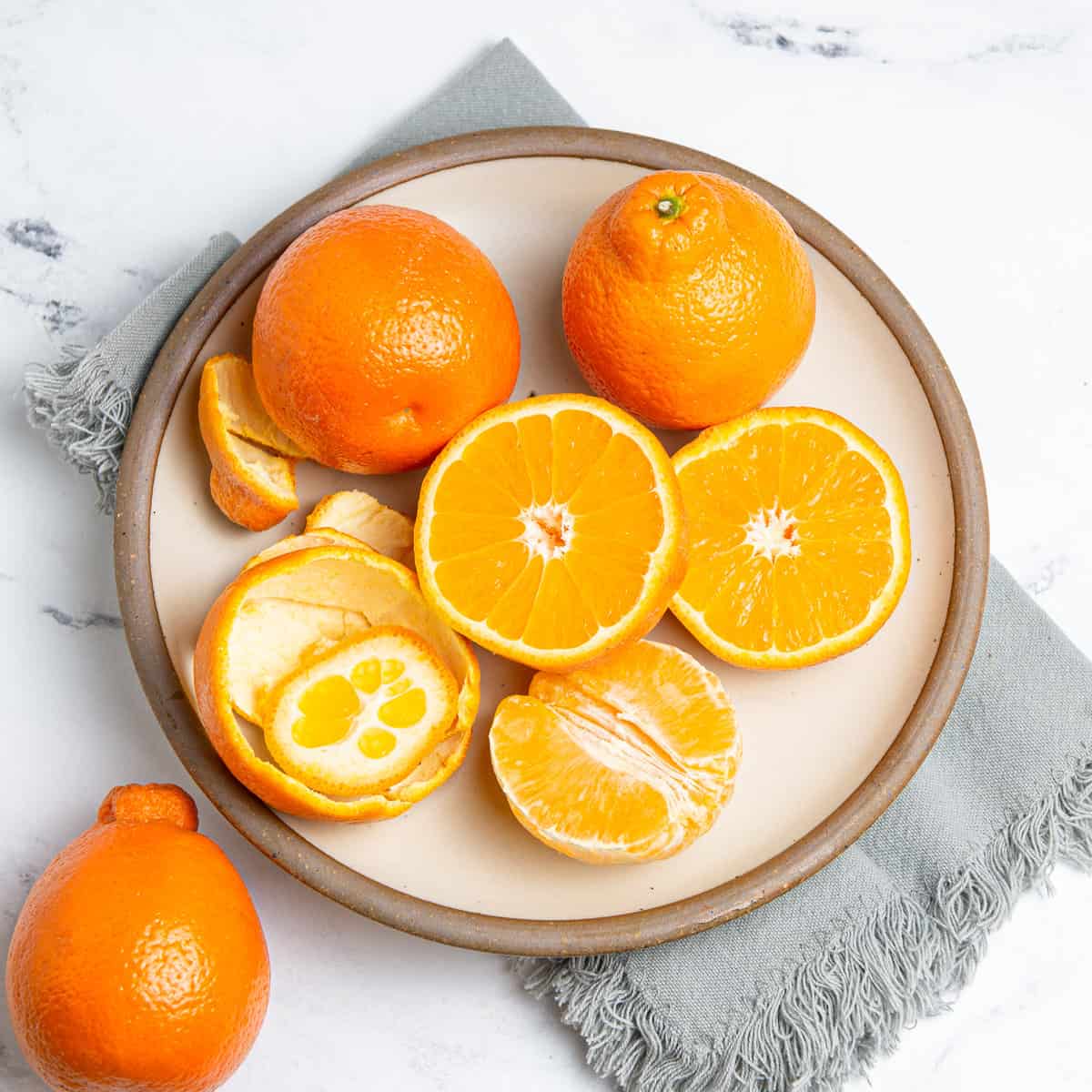
Fun Facts
- Florida is strongly associated with oranges. They've been grown commercially there since the middle of the 19th century. Although Spanish settlers planted the first trees there in the middle of the 16th century, oranges didn't achieve popularity for a few hundred more years.
- There is about ⅓ cup of juice in an average-sized Valencia orange or maybe ¼ cup in most other varieties including navel oranges.
- Brazil grows about ⅓ of the world's orange supply.
Now you know how to store oranges to keep them fresh, you can enjoy these sweet, tasty citrus fruits in all kinds of wonderful recipes, both sweet and savory.


